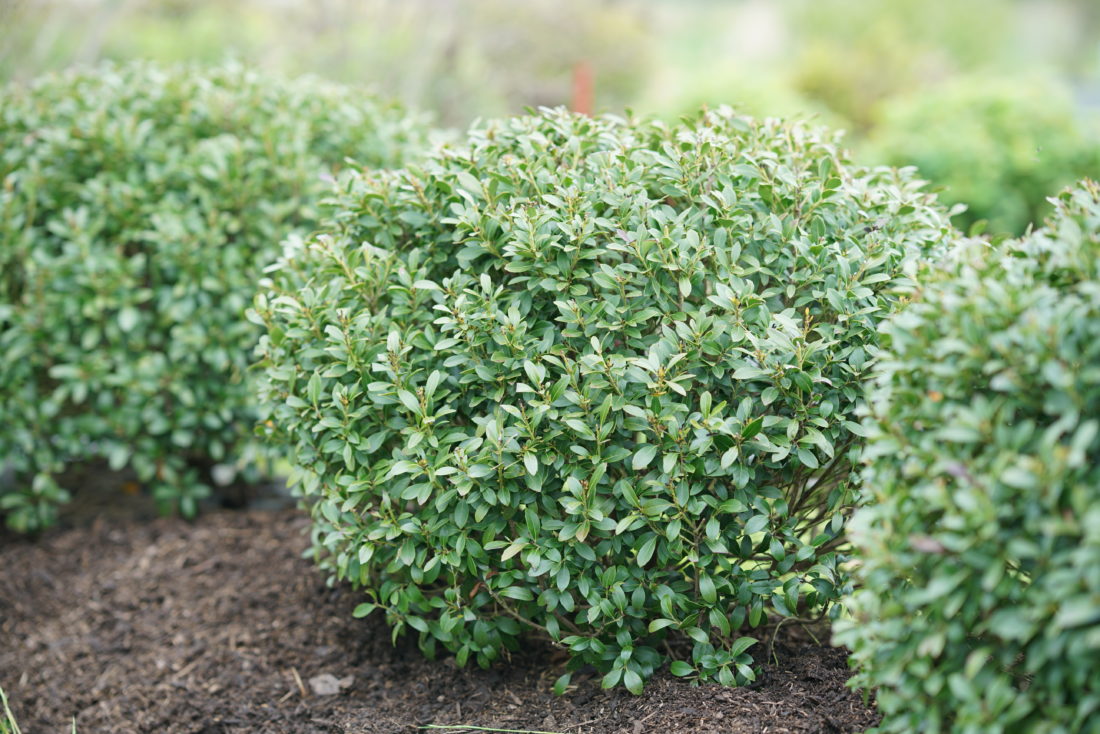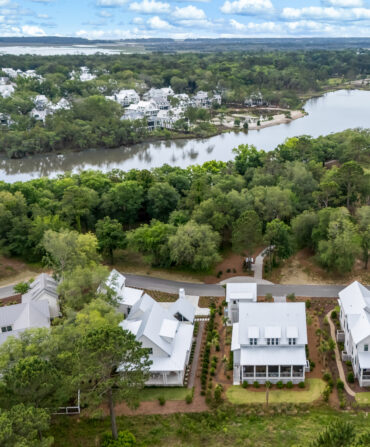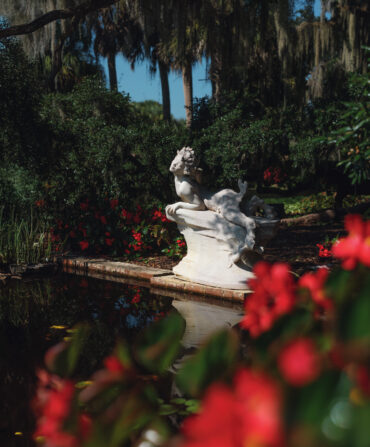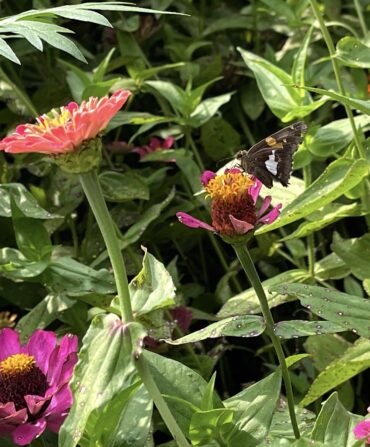I grew up in Boxwoodland—most folks know it as the state of Virginia. But a few years ago, the shoulder-high shrubs that softened the edges of the house I grew up in started dying. Fast. Within weeks, it looked as if the once-majestic beauties had been lit on fire: They turned ash black and every leaf fell to the ground.
These boxwood had been like children to my parents. They nurtured and loved them and added to their collection of them over the years. For me, it was as though a part of my memory had been erased. The house looked sad without them.
That all led me down a rabbit hole of research and to assigning a story about the boxwood blight to find out what, if anything, could be done. Turns out, not much. It’s like the plague, or, ahem, a pandemic to plants. There is no cure yet. But the story did have one bright note: There are other boxwood on the way that don’t suffer the same fate.
In the meantime, Southerners who love boxwood should look to alternatives—plants that look like boxwood but grow faster and are far sturdier. And the experts at the plant purveyors Proven Winners suggest two that would work well in just about any Southern zone. The first is called Juke Box Pyracomeles, an evergreen mix of the genera Osteomeles and Pyracantha that grows up to three-feet-by-three-feet, into a naturally rounded shape.
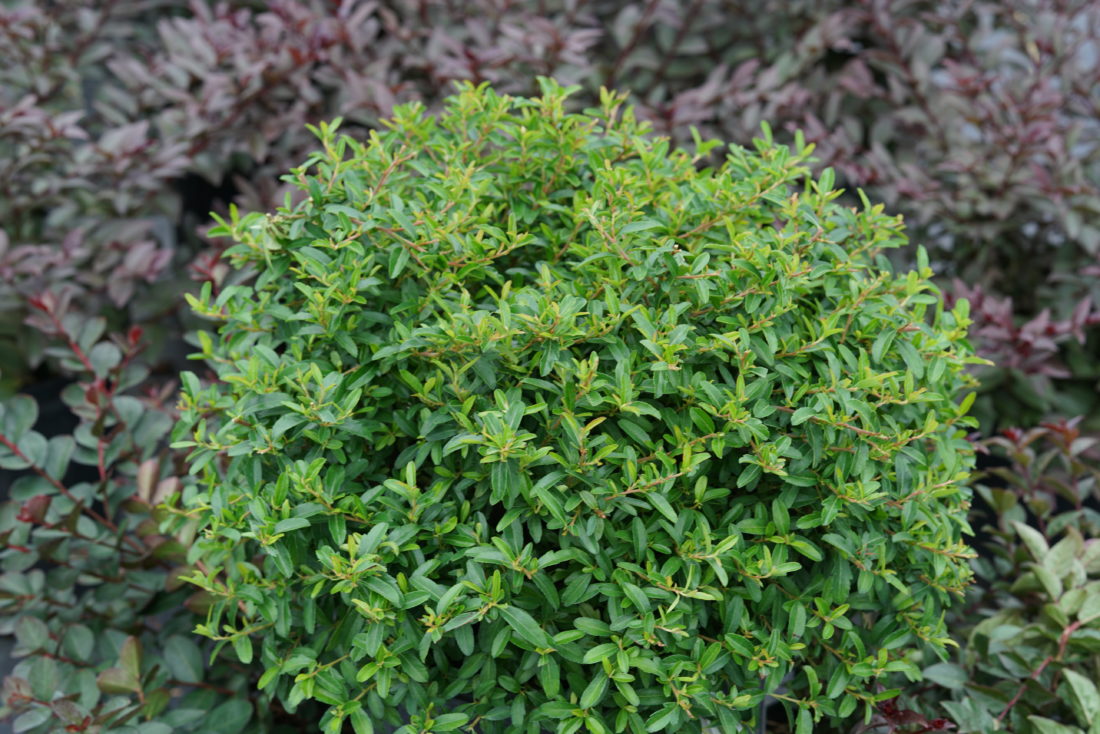
The second, called Strongbox Ilex, is a lovely holly that could be a boxwood twin, too. Not the twin, necessarily, of a massive, English boxwood (sigh), but the rounded evergreen holly shrub is totally impervious to blight, grows much more quickly than normal boxwood, deer hate it, it’s salt tolerant, and it thrives in zones five through nine.
Now is the ideal time to get them in the ground, says Dr. Judson LeCompte, who worked to develop both plants for Proven Winners. “Fall is a great planting time,” he says. “It gives them time to establish before it gets too cold. And it’s just easier, because you don’t have to irrigate to get them going. I actually just planted three new Strongbox Ilex last week.”
I’m trying both of them in our Charleston garden this year, too, and I’m so excited to have a little bit of “home” in our yard—a bit that will be able to resist blight.


